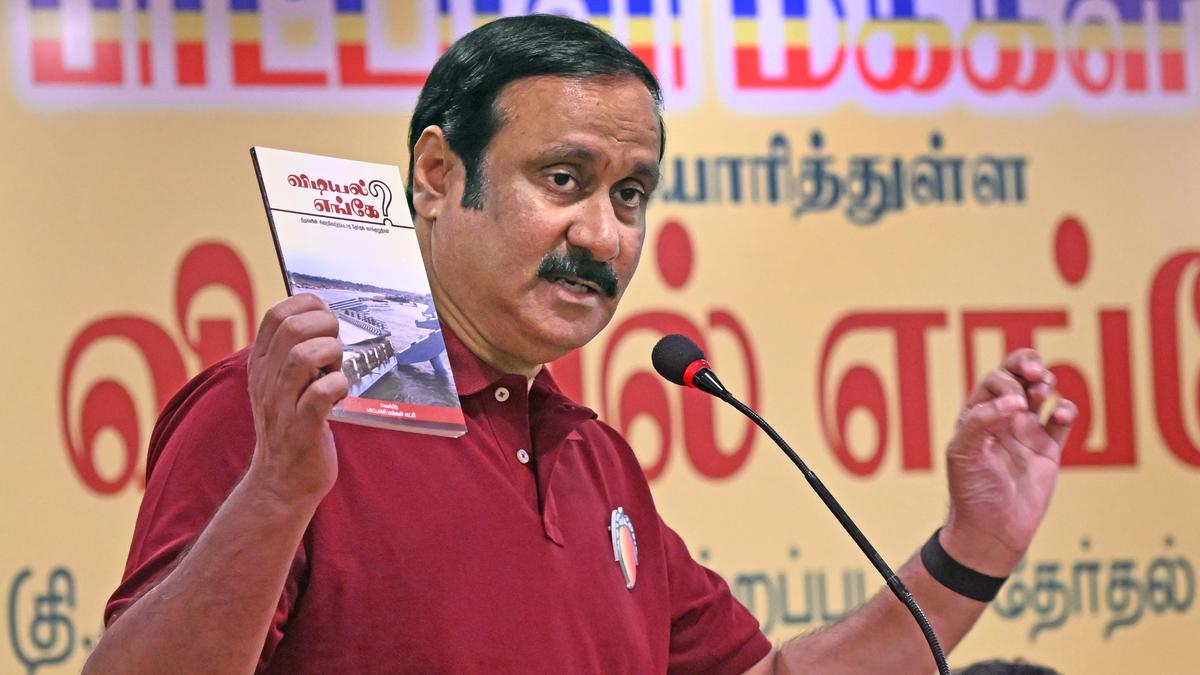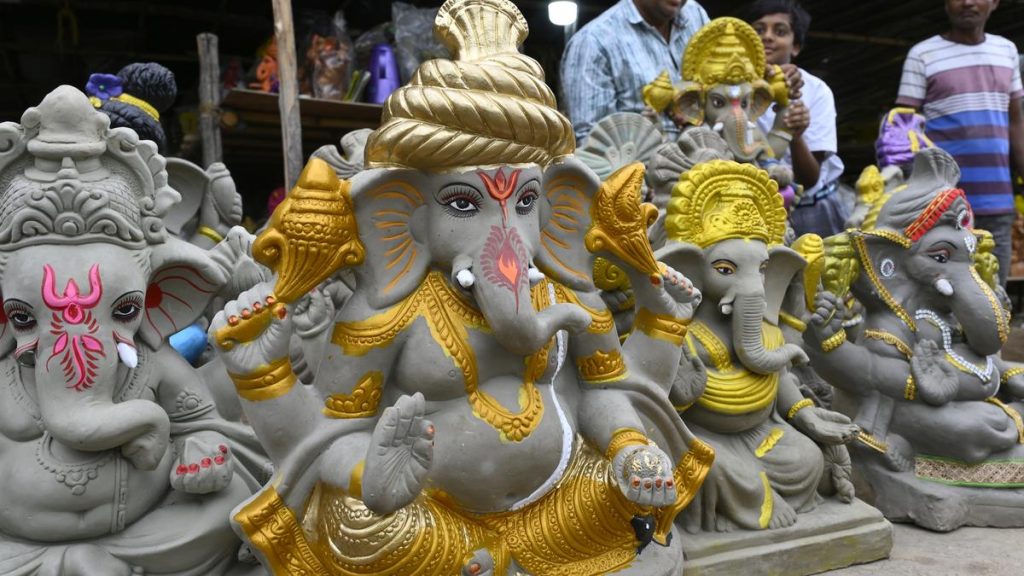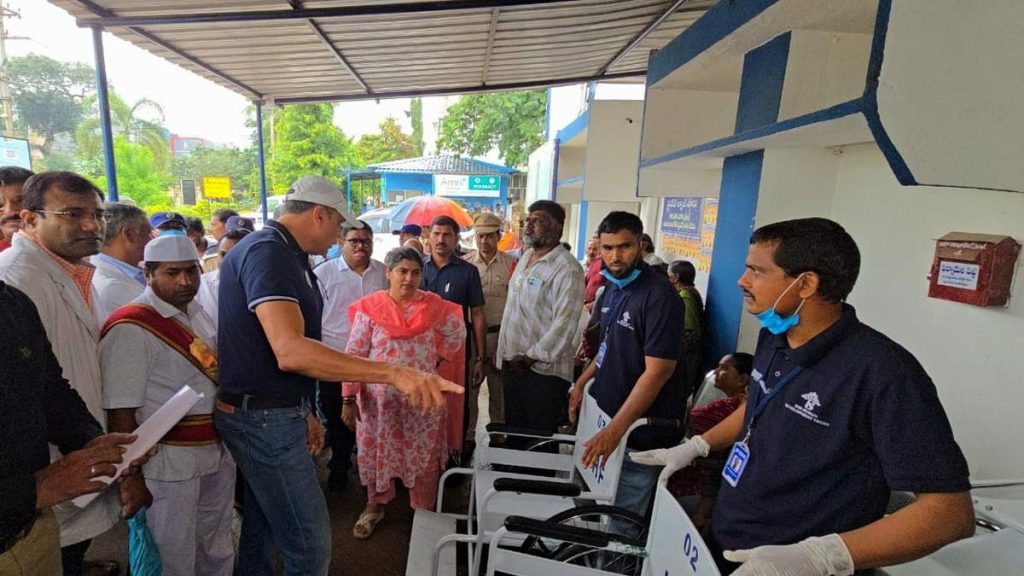Now Reading: DMK Delivered on 66 of 505 Election Promises, Criticized by Anbumani on Governance
-
01
DMK Delivered on 66 of 505 Election Promises, Criticized by Anbumani on Governance
DMK Delivered on 66 of 505 Election Promises, Criticized by Anbumani on Governance

Rapid Summary
- PMK leader Anbumani Ramadoss launched a 103-page booklet titled Vidiyal Enge? in Chennai, asserting that the ruling DMK government fulfilled only 66 of its 505 election promises (12.94%).
- Key areas where DMK allegedly fell short include: internal reservations for Vanniyars under the Most Backward Classes quota, conducting a caste-wise survey, implementing the old pension scheme despite precedent from other states, and increasing recruitment to government positions.
- ramadoss claimed Tamil Nadu ranked poorly in budget allocations for education (20th), health (26th), and agriculture (15th) when compared to other Indian states.
- He challenged CM M.K. Stalin’s assertion of fulfilling 98% of promises and accused DMK of providing only temporary job opportunities rather of the promised large-scale employment figures.
- The PMK leader criticized corruption oversight under DMK governance, citing delays in appointing Lok Ayukta members without subsequent investigations into alleged incidents of corruption.
- At a North Chennai rally later in the day,Ramadoss accused DMK leaders of prioritizing corporate interests over public welfare by leasing infrastructure projects such as Chennai’s Outer Ring road to private companies rather than making them toll-free.
Indian Opinion Analysis
The criticism leveled by PMK leader Anbumani Ramadoss against tamil Nadu’s ruling party brings attention to significant governance issues raised through specific metrics such as unfulfilled electoral promises and state budget rankings on key sectors like health, education, and agriculture. While accusations surrounding job creation numbers and administrative transparency highlight concerns about accountability mechanisms within state politics, they also underline broader debates regarding inefficiency or misdirection in policy implementation.If corroborated objectively wiht evidence from official reports or third-party analyses-as opposed to partisan interpretations-thes claims could drive calls for greater scrutiny within Tamil nadu political frameworks while offering opposition parties leverage during future elections. However, assessing these allegations’ implications requires substantive engagement with verified data sources overseeing manifesto fulfillment rates and economic performance indices at both national and regional levels.
For more details: Read More
























